Your smile is one of your most important features. It can light up a room and make a lasting impression. But did you know that gum health plays a crucial role in maintaining your beautiful smile? Healthy gums are essential for strong teeth and a confident smile. Let’s dive into why gum health matters and how you can keep your gums in top shape.

Why Gum Health Matters
Gums support and protect your teeth. Without healthy gums, your teeth may become loose or even fall out. Gum disease, also known as periodontal disease, can lead to serious health issues. Here are some reasons why gum health is important:
- Prevents Tooth Loss: Healthy gums hold your teeth in place. When gums are healthy, they form a tight seal around your teeth, providing essential support. Without this support, teeth can become loose and eventually fall out.
- Reduces Risk of Infections: Healthy gums prevent bacteria from entering your bloodstream. Gums act as a barrier, stopping harmful bacteria from reaching other parts of your body. When gums are compromised, bacteria can enter the bloodstream and cause infections elsewhere.
- Improves Overall Health: Gum disease has links to heart disease and diabetes. Studies have shown that inflammation in the gums can contribute to systemic inflammation, impacting overall health. This connection highlights the importance of maintaining gum health.
- Enhances Appearance: Healthy gums contribute to a more attractive smile. Red, swollen, or receding gums can detract from your smile’s appearance. Healthy gums, on the other hand, frame your teeth beautifully and enhance your overall look.
Signs of Unhealthy Gums
Recognizing the signs of unhealthy gums can help you take action early. Here are some common symptoms of gum disease:
- Red or swollen gums: Healthy gums should be pink and firm. Redness and swelling are signs of inflammation and infection.
- Bleeding while brushing or flossing: Bleeding gums indicate that something is wrong. It may be a sign of gum disease or improper brushing techniques.
- Persistent bad breath: Bad breath that doesn’t go away with brushing and mouthwash can be a sign of gum disease. Bacteria in the mouth produce foul-smelling compounds.
- Receding gums: Gums that pull away from the teeth expose the roots and can lead to sensitivity and tooth loss.
- Loose or shifting teeth: As gum disease progresses, it can destroy the bone and tissue supporting your teeth, causing them to become loose or shift.
If you notice any of these signs, schedule a visit with your dentist. Early treatment can prevent more serious problems down the road. Your dentist can provide a thorough examination and recommend appropriate treatments to restore your gum health.
The Connection Between Gum Health and Overall Health
Gum health affects more than just your smile. Research shows a strong link between gum disease and other health conditions. Here are some examples:
- Heart Disease: Inflammation from gum disease can contribute to heart problems. Bacteria from inflamed gums can enter the bloodstream and cause inflammation in the arteries, increasing the risk of heart disease.
- Diabetes: Gum disease can make it harder to control blood sugar levels. Inflammation in the gums can interfere with the body’s ability to use insulin, leading to higher blood sugar levels.
- Respiratory Issues: Bacteria from gum disease can enter the lungs and cause infections. This can lead to respiratory conditions such as pneumonia, especially in individuals with weakened immune systems.
- Pregnancy Complications: Gum disease has been linked to premature births and low birth weight. Pregnant women with gum disease are at a higher risk of delivering prematurely, which can affect the baby’s health.
Maintaining healthy gums can help you avoid these serious health issues. It’s not just about your smile—it’s about your overall well-being! By taking care of your gums, you can reduce the risk of these conditions and improve your quality of life.
